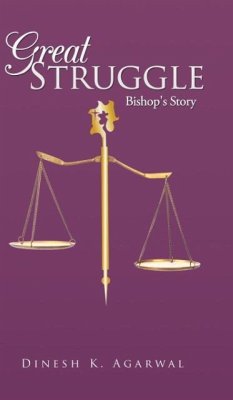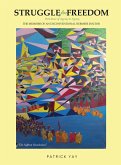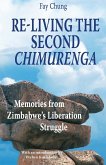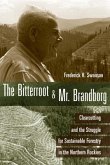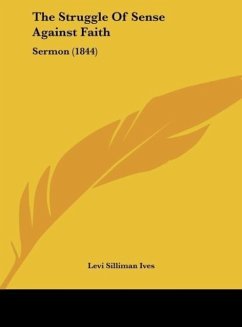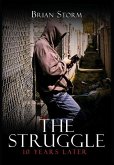The book is written in the background of Wesleyan holiness of life or social holiness---the spiritual heritage of people called Methodist. The author writes of his pioneering pastoral ministry and service to the poor and needy, as well as his election to Bishopric in the midst of conflict and complexities of democratic practices. He tells how he faced his Episcopal ministry's challenges and risks while doing right things and making things right. He recognizes the hangover of the foreign missionary era and tendencies like sons of the soil ideology, people group and little community affinity act as barriers. He writes how spiritual leaders were intolerant to his prophetic voice and by force of power ambition conspired and acted like Brutus. His two hundred thirty days were of immense agony, never could he imagine that he would face it. However, he says by God's grace, he was unwavered to do whatever it took to overcome it. He struggled to get justice which was frustrated. Then, by turn of events, some recognized wrong done to him and yet were not penitent enough to reconcile and restitute. Regardless, he believes that truth and justice to be adored, the paradigm of holiness of life has to returns.
Hinweis: Dieser Artikel kann nur an eine deutsche Lieferadresse ausgeliefert werden.
Hinweis: Dieser Artikel kann nur an eine deutsche Lieferadresse ausgeliefert werden.

